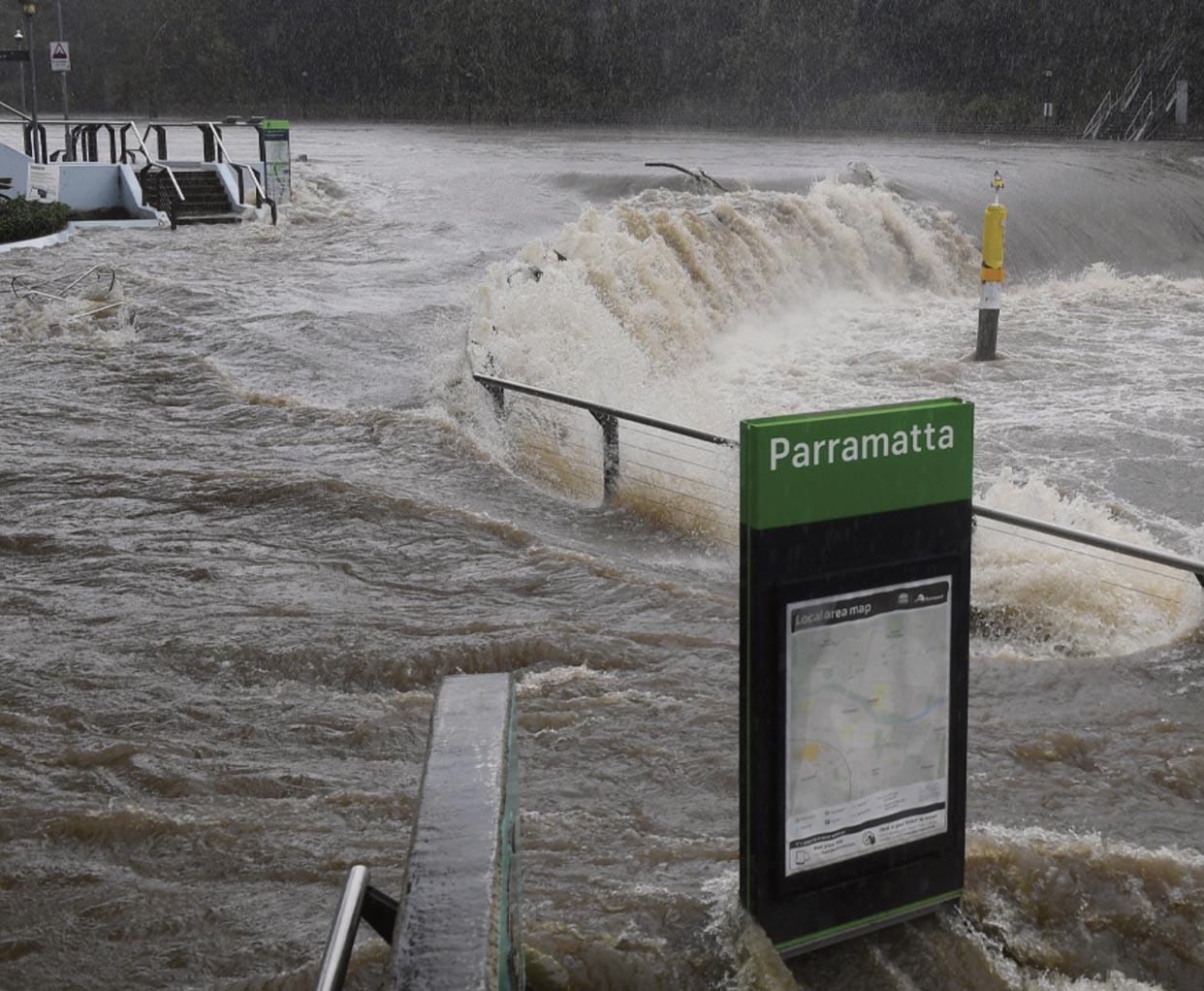TESTING TIMES A spate of deaths across Australia has renewed calls for a move away from the current punitive approach to drug taking towards policies of harm-minimisation. Jake Kendall reports. ollowing an investigation into a cluster of five drugrelated deaths in Melbourne, a coroner has recommended the Victoria government implements an illicit drug-checking service as “a matter of urgency”. Delivering her findings, Paresa Spanos said: “If we accept there are unlikely to be any major changes to drug regulation in the foreseeable future, or any changes in an individual’s preparedness to use illicit drugs, Victorians will continue to be exposed to the risks of unregulated drug markets.” She added: “The evidence available to me supports a finding that there is broad support for a drug-checking service and drug early warning network as evidence-based interventions — at least among those with knowledge and expertise in harm minimisation.” A similar call for drug checking was made by a NSW coroner in 2019 after an inquest into the deaths of six young people at music festivals over two summers. Back then, deputy state coroner Harriet Grahame described the evidence to support pill testing as “compelling”. “Drug checking,” she said, “is simply a harm-reduction strategy that should be trialled as soon as possible in NSW.” Public health experts agree. “The evidence presently available is sufficient to justify the careful introduction of pill testing around Australia,” said Paul Komesaroff,
F
professor of medicine at Monash University. “Specifically, the availability of facilities to allow young people at venues or events where drug taking is acknowledged to be likely, to seek advice about the substances they’re considering ingesting.” Quite clearly, a different approach to drug taking needs to be explored. High-visibility and punitive policing operations — such as random searches and sniffer dogs — are not only ineffectual and a waste of resources, but counterproductive. A heavy police presence at a festival, for instance, often precipitates panic ingestion and dangerous preloading, increasing the risk of illness or death. “The reality is,” said Miki McLay, a teaching associate at Monash University’s department of criminology, “regardless of the efforts of law enforcement, there continues to be a significant market for illegal drugs in Australia. The primary risks associated with use of party drugs are
24 | Inner Sydney Voice | Winter 2021 | innersydneyvoice.org.au
related to their illegality.” The unregulated nature of the drug market in Australia means anything goes when it comes to drug production. “People manufacturing drugs such as ecstasy pills will sometimes cut pills with other substances or substitute other more dangerous drugs entirely,” said McLay. As well, MDMA and other drugs are becoming ever more potent, presenting risks to users in terms of overdosing. “People are often unaware of the health risks involved in consuming MDMA and other illicit drugs,” said McLay. “Drug checking provides us with a unique opportunity to respond to the risks effectively.” So how would a drug-checking service work at a music festival, say? Well, using overseas models as examples, a typical drug-checking centre would comprise a mobile lab, a sampling area, and a counselling area. After submitting a sample for testing, users would receive unbiased health


















